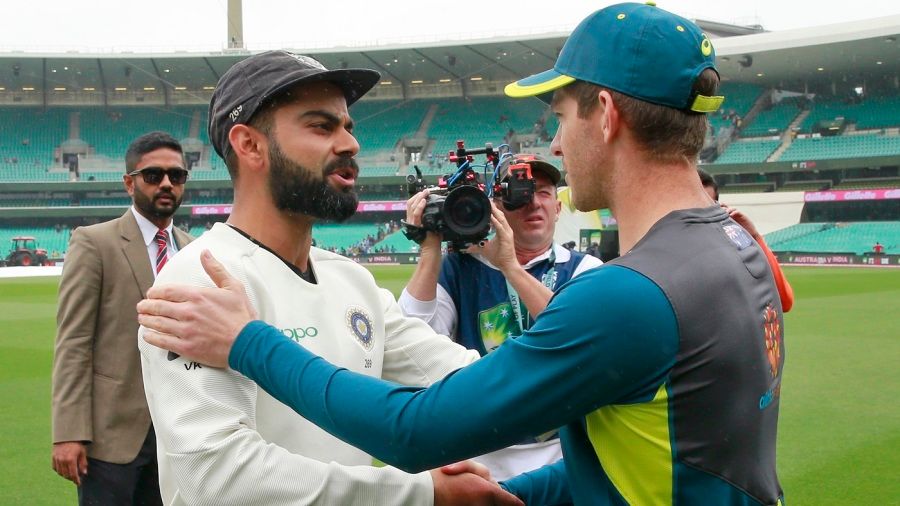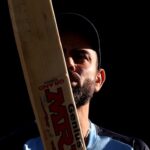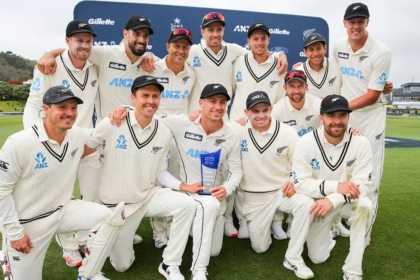Australia and India: An Epic Duel in Times of Covid
At the end of a year marked by the Covid-19 pandemic, Australia and India are preparing to face each other on the same stage where they began their last encounter in 2018: the Adelaide Oval. This emblematic stadium, with its iconic scoreboard and Moreton Bay trees, offers a sense of essential continuity in test cricket, serving as a backdrop for the teams led by Tim Paine and Virat Kohli in India’s first day/night Test away from home.
This clash between two of cricket’s most powerful nations promises to be even more special than any other encounter in the last 20 years. The series, in itself, is an achievement. Despite the significant financial forces that have driven India and Australia to play at least 12 test series since 1999, uncertainty about the series’ realization has been constant this year. During the difficult months of March, April and May, when the world of sport was paralyzed, the possibility of the series not taking place was real. Recently, the challenges focused on how to organize the series, despite the goodwill existing between Cricket Australia and the BCCI. The hurdles for CA’s interim chief executive Nick Hockley and chairman Earl Eddings centered on finding a port of entry for the charter plane carrying the visiting team. Initial plans to land in Perth were moved to Adelaide, then to Brisbane, before finally being accepted by Sydney, Canberra, the New South Wales government and the SCG Trust. Negotiation with the Queensland government proved unsuccessful. Even after the arrival of the Indians, there was a possibility that a Covid outbreak in Adelaide would disrupt the series. For a time, the Adelaide Oval was to host at least one, and possibly two, test matches, given the prolonged quarantine Melbourne faced, which raised doubts about the Boxing Day Test until October.However, an outbreak that forced a brief lockdown in South Australia led to considering the possibility of starting the test series with a day/night match at the MCG and then continuing with a more traditional game from December 26. These permutations were on the mind of Adelaide Oval curator Damian Hough, who has dealt with rock concerts and changes in football matches. This year, he prepared a test match pitch with a Christmas parade instead of the Sheffield Shield games as a prelude.
Hough added that last year’s U2 concert presented a greater challenge than this year’s. “I never thought I’d see a Christmas parade at the Adelaide Oval, so it’s a unique year,” he commented.“One thing we’ve learned with Covid is to be more in the present,” Hough said. “We like to plan months in advance. We still had plans, but we had to live a little more in the moment,” he added.
Damian Hough
The Australian team has had the advantage of training in the center of the field, something that Paine did not hesitate to highlight.

Tactical discussions and pre-series plans are a relief compared to Covid protocols, border restrictions, and the financial impacts of the year. Paine, who values his career more than most, doesn’t feel “bubble fatigue”.“Virat is certainly one of the best players, if not the best player in the world,” Paine said. “We have plans that have worked well against him in the past; hopefully, they will work early enough this week, but if not, we have a couple of different plans.”
Tim Paine
While in recent years there has been some fatigue due to the frequency of encounters between India and Australia, the events of 2020 have ensured that this new chapter is as vivid as any sporting competition, especially at a time when many around the world remain confined by the pandemic.“Absolutely not. I love it, to be honest,” Paine said. “I don’t think this bubble has been as strict as the IPL or England’s. I sleep very well at night; my children are at home, which is good in a way, but I miss them. But I sleep better here and feel fresher here than at home, so life in the bubble might make me play longer, if anything.”
Tim Paine










